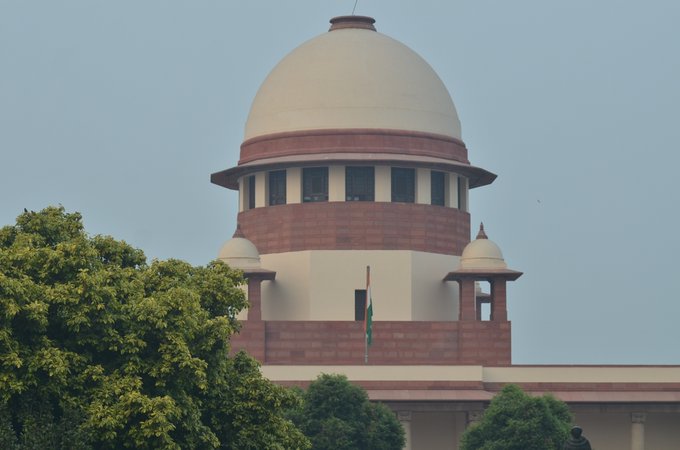Shweta Tambade
The Supreme Court said that announcements of policy decisions cannot vanish after the political aspirations are satisfied, regardless of the decisions being for the industry or otherwise.
It must be disclosed by the government within a proper timeframe.
Justices D Y Chandrachud and Indu Malhotra said that the decisions declared by the government were intensive promises made to the citizens and other sectors of industries, and the government is accountable to implement the same.
While criticizing the Jharkhand government for restricting the application of Industrial Policy 2012, which promised a rebate in electricity tariff to industrial units by three years, the bench said that the public authorities must be held liable for the promises made.
Justice Chandrachud, in the judgement, said that the position of legitimate expectation was much wider in its scope.
He said:
“Representations by public authorities need to be held to scrupulous standards since citizens continue to live their lives based on the trust they repose in the state.”
“In the commercial world also, certainty and consistency are essential to planning the affairs of business. When public authorities fail to adhere to their representations without providing an adequate reason to citizens for this failure, it violates the trust reposed by citizens in the state.”
“The generation of a business-friendly climate for investment and trade is conditioned by the faith which can be reposed in government to fulfil the expectations which it generates.”
Commenting on the relief assured by the Jharkhand government, Justice Chandrachud said, “The state having held out a solemn representation in the above terms, it would be manifestly unfair and arbitrary to deprive industrial units within the state of their legitimate entitlement.”
He further stated, “The state government did, as a matter of fact, issue a statutory notification under Section 9 but by doing so prospectively, with effect from January 8, 2015, it negated the nature of the representation which was held out in the Industrial Policy 2012.”
The bench also said that in a democracy, it was forbidden for governments to showcase a colonial mindset of irregularly distributing doles.
It said that non-application of policy announcements could violate Article 14 of the Indian Constitution, which guaranteed the right to equality.
He said that transparent and fair acts of the government are the fundamental requirements that Article 14 adopts.
The bench also said that “Deprivation of the entitlement of private citizens and private business must be proportional to a requirement grounded in the public interest.”
As a result of the failure of Jharkhand to issue a notification at a specific time, eventually, the trust and expectation too stood violated.

